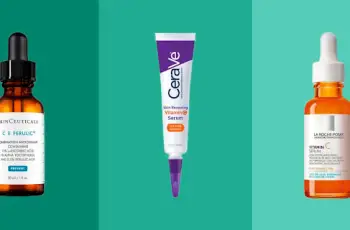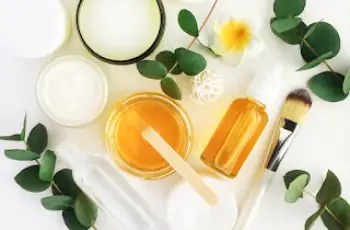
Should I scrape my tongue?
How important is tongue scraping?
Oral hygiene experts consider tongue scraping to be one of the four steps of complete oral hygiene (brushing, flossing, rinsing/gargling). However, tongue scraping is almost never recommended by dentists and is not considered very important, as studies have shown that it has little effect on plaque formation and only helps certain patients with bad breath or dry mouth.
What role does it play in oral hygiene?
Tongue cleaning is performed to reduce the bacterial load on the surface and make it less susceptible to biofilm formation. However, long-term regular tongue scraping only has an effect on bacterial counts, meaning that occasional mechanical plaque removal has limited or no benefit.
What types of bacteria form on the tongue? Why? How does this affect the oral biome?
Due to its surface structure consisting of highly concentrated crypts around taste buds, the tongue is full of anaerobes – a type of bacteria that do not require free oxygen to survive and use fermentation as an energy source, but also motile anaerobes – a type of bacteria that move independently and are also found in saliva or other areas of the mouth. The neutral pH of the tongue is also ideal for the proliferation of these microorganisms. Certain bacteria living on this surface also produce VSCs (volatile sulfur compounds), which are believed to be the main cause of bad breath.
What is its relative importance compared to brushing?
In terms of oral hygiene, tongue scraping covers a very limited area of the mouth and is an option unless specifically recommended. It does not replace brushing and flossing, but it can reduce the total number of oral bacteria. It is believed to contribute to the overall cleanliness of the mouth.
Does it help keep teeth white or other aspects of dental health or aging?
Eating habits, smoking and drinking, antibacterial mouthwashes, medications, etc. can cause temporary discoloration of the tongue that may even remain on the surface for days. Since the discoloration is eventually washed away by saliva and other self-cleaning processes, the likelihood of tooth discoloration increases. So yes, scraping a layer of staining plaque off the surface of the tongue early on will help to some extent in keeping teeth stain-free and therefore whiter.
Tongue scraping is a daily necessity for elderly patients who are toothless, as tongue plaque has been linked to aspiration pneumonia.
Does tongue scraping help us taste better/taste buds function better?
Taste is unlikely to change or improve after tongue scraping. On the other hand, aggressive plaque removal can damage the nerve endings of the taste buds, causing a temporary loss of taste.
How does tongue scraping help get rid of bad breath?
Since the bacteria that cause bad breath are located on the tongue (but not only there), overgrowth can affect overall bad breath. Regular scraping can help people with this problem stay away from it. However, it is important to distinguish between bad breath caused by these types of bacteria and what we think of as bad breath, such as coffee or garlic on the breath. Tongue scraping does not solve temporary bad breath caused by ingested food, but it can solve permanent problems related to certain bacteria on the surface of the tongue.


